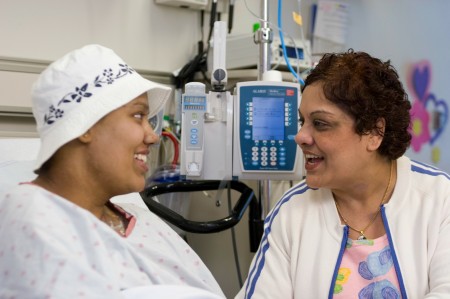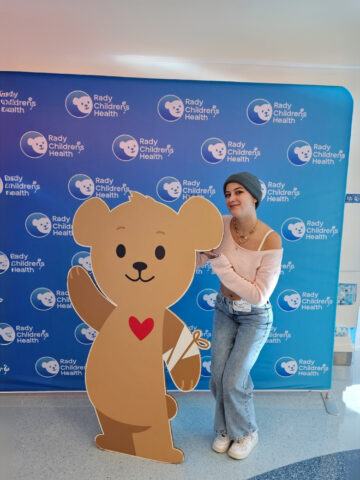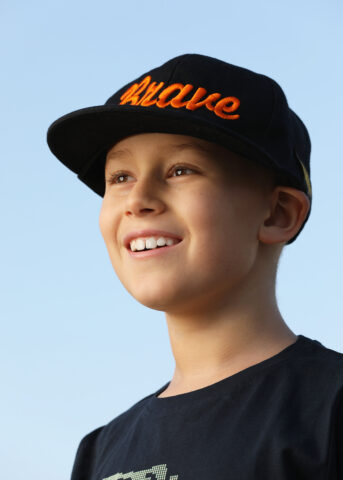When treating children and teens with cancer at CHOC, physicians also have another health aspect in mind: patients’ future fertility.
Because so many adolescent cancer patients are surviving into adulthood, physicians, patients and their families have a major interest in preserving a patient’s fertility, as well as the long-term effects that treatment can have on a patient’s fertility in the future, says Dr. Leonard Sender, medical director of the Hyundai Cancer Institute at CHOC.
“If we accept at CHOC that 80 percent of children and young adults are going to be cured or survive long-term, working on survivorship starts from day one,” he says. “This means we address the types of drugs we use, the therapies we use, and their long-term consequences.”
According to the National Cancer Institute, the most frequent cause of impaired fertility in male cancer survivors is chemotherapy or radiation-induced damage to sperm. For girls and young women, cancer treatment may damage immature eggs, affect the body’s hormonal balance, or harm the reproductive organs.
“We need to ask, ‘What are we doing to preserve fertility?’” Dr. Sender says.
Options for preserving fertility depend on many factors, including the patient’s gender, age, type of cancer and type of treatment. Among the ways to preserve fertility are freezing and banking sperm for the males, and freezing and banking eggs for females.
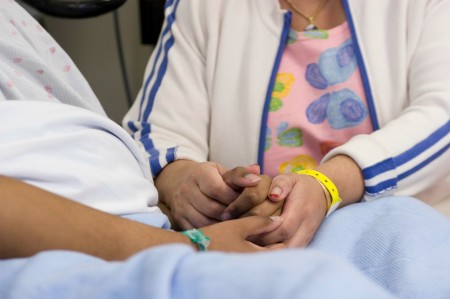
“We also do ovarian cryopreservation,” Dr. Sender says. “CHOC is one of the few institutions offering this option. These procedures may have to be done before or during cancer treatment, and patients who have just received their diagnosis might only have a small window of time to decide what to do.”
CHOC is a member of the National Physicians Cooperative (NPC) of the Oncofertility Consortium, which supports cancer patients and survivors whose medical treatments may risk infertility, and offers tips for adolescent patients to consider on the topics of preserving fertility and parenting.
With input from their parents and other loved ones, young cancer patients facing this issue can ask themselves:
- Do I want to have children? If so, how many?
- Would I prefer adoption to other parenthood options?
- Does it matter to me if my children are biologically related to me?
- Am I open to using donor sperm or donor embryos?
- Do I have ethical or religious concerns about assisted reproductive technologies?
Questions adolescent and young adult cancer patients can ask their doctor may include:
- Will my treatment affect my fertility?
- Are there alternative ways to treat my cancer without compromising my fertility?
- What are my fertility preservation options?
- How much time do I have to preserve my fertility before I need to start treatment?
- How will I know if I am fertile following treatment? Are there tests I can take?
- What are the risks to my children based on my cancer and the treatment I received?
- For girls and young women: Is pregnancy safe for me after treatment?
Get more expert health advice delivered to your inbox monthly by subscribing to the KidsHealth newsletter here.
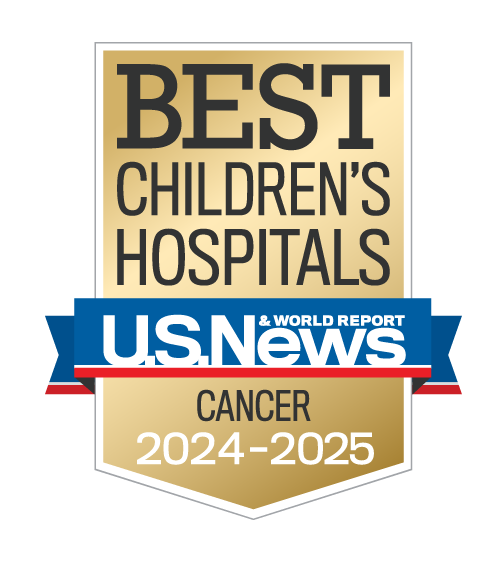
Learn more about the Hyundai Cancer Center at CHOC
CHOC Hospital was named one of the nation’s best children’s hospitals by U.S. News & World Report in its 2024-25 Best Children’s Hospitals rankings and ranked in the cancer specialty.

